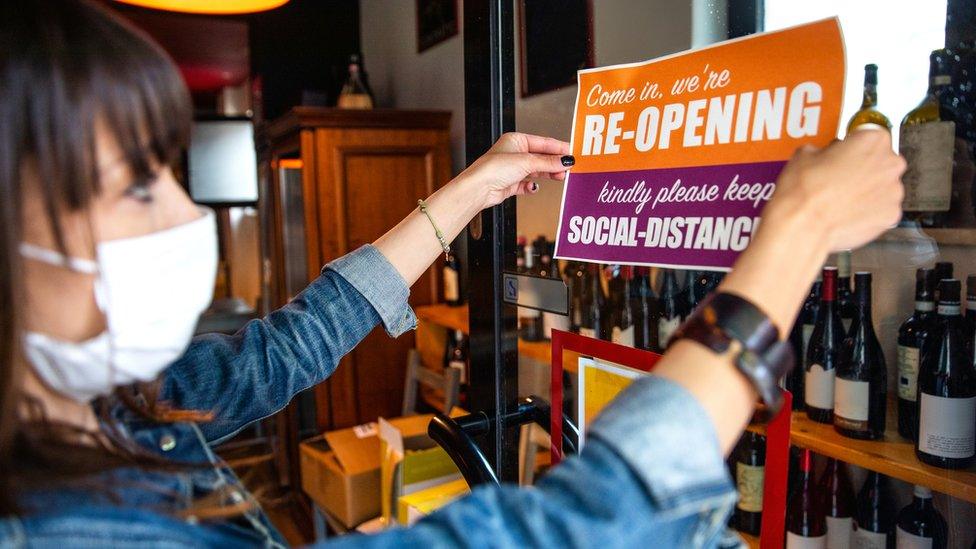'Seek help if Covid-19 does not improve in seven days'
- Published
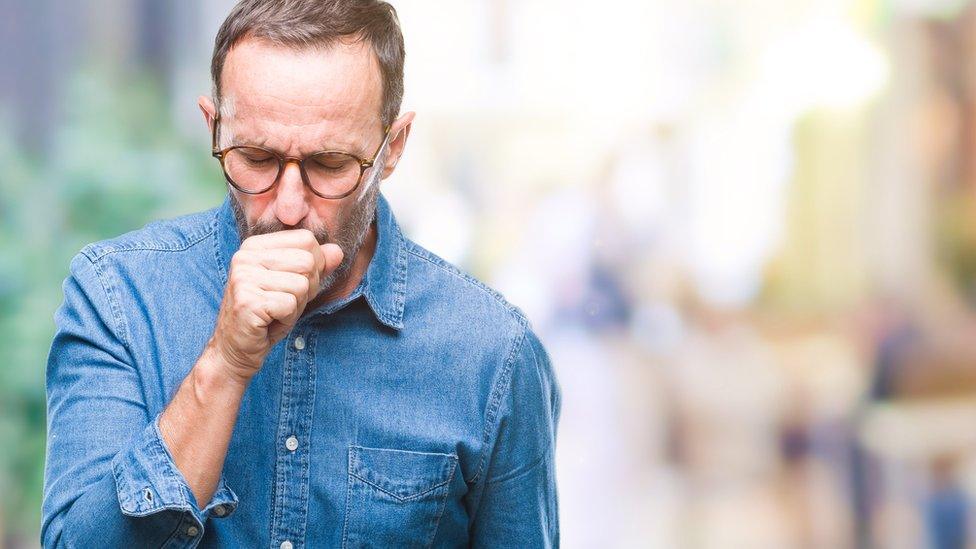
People are being asked to contact 111 if their Covid-19 symptoms do not improve after a week
People self-isolating with Covid-19 in Wales should seek help if symptoms do not improve in seven days, under new advice from the Welsh Government.
Wales' top doctor Frank Atherton is concerned some people with coronavirus may have attempted to cope alone for too long without contacting a doctor.
Plaid Cymru leader Adam Price suggested hundreds of lives could have been saved if the advice was changed sooner.
But that was dismissed as "unhelpful speculation" by the first minister.
The change has happened because greater importance is now being put on blood oxygen levels, with evidence that many who become unwell do not become breathless.
Under the new advice people with symptoms or confirmed Covid-19 will be told to ring 111 or their GP if:
symptoms do not improve after seven days, or
they experience vomiting
they experience breathlessness
they are fatigued and they can no longer perform their normal daily activities
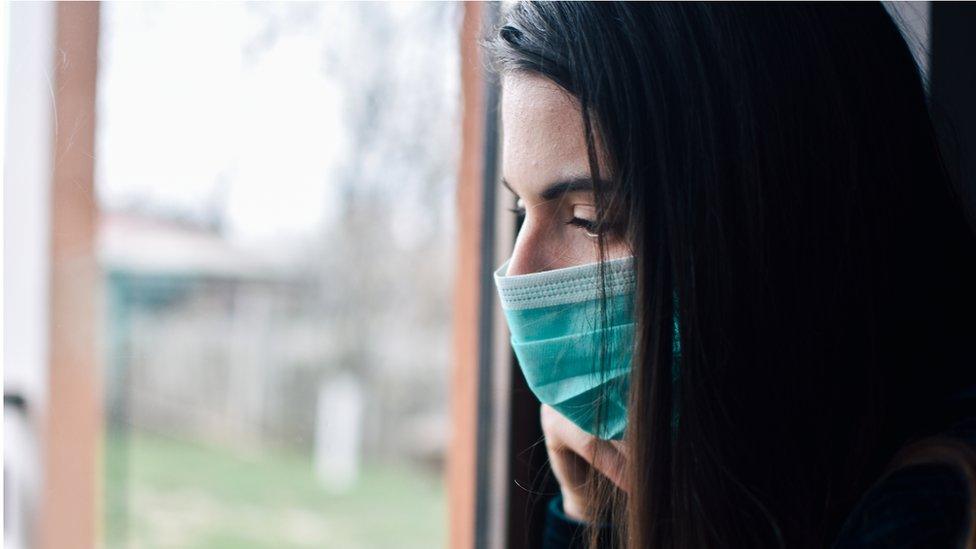
In a letter to GPs, Chief Medical Officer Dr Atherton said there is "emerging evidence" that a large proportion of infected people are avoiding contact with primary care and the vast majority of admissions are likely to be emergencies.
"I am concerned that the public message to isolate at home with mild symptoms may have encouraged people to attempt to cope alone for too long without contacting 111 or their GP.
"In order to address public behaviour, we will adjust the public messaging to encourage people not to attempt to cope on their own with anything more than short lived, mild symptoms."
Breathlessness not 'main symptom'
The new advice was echoed by the Welsh Health Minister Vaughan Gething, who said some people may not realise they are becoming unwell because they are not breathless.
"Normal medical experience of a respiratory pandemic would see people who are deteriorating struggling with breathlessness," Mr Gething wrote.
"This would be the main symptom to look out for. But experience has shown that Covid-19 is different.
"Breathlessness can occur but many people who are becoming seriously unwell don't become breathless, despite their blood oxygen levels falling as they struggle to absorb oxygen in their lungs."
Clinical advice was updated in June, Mr Gething said, so doctors know to look for the symptoms.
Additional pulse oximeters are being distributed to GPs' practices, and Dr Atherton stressed "a greater emphasis on measuring" blood oxygen levels in assessments.
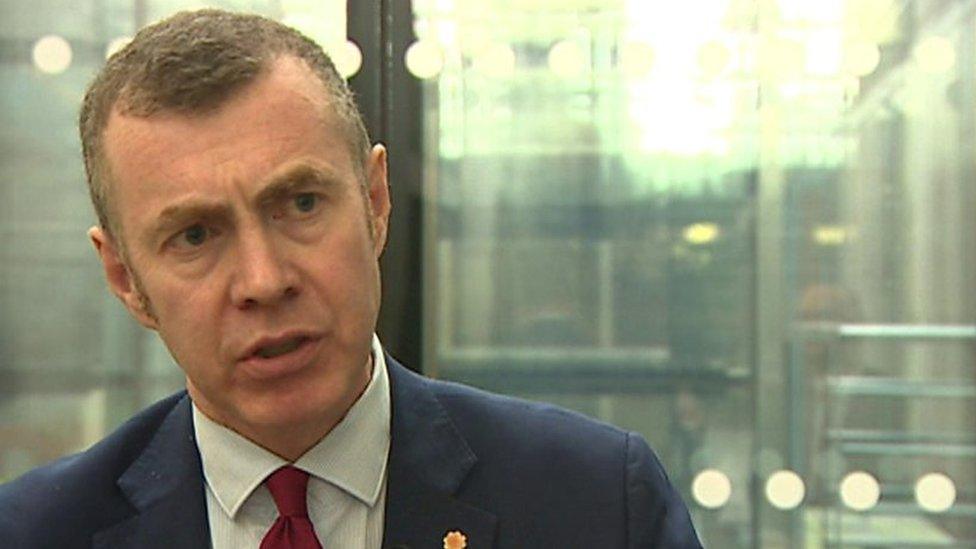
Adam Price suggested hundreds of lives could have been saved
What have Plaid Cymru said?
In a virtual Senedd meeting on Wednesday held during the Welsh Parliament's recess, Plaid Cymru leader Adam Price asked Mark Drakeford if "hundreds of lives could have been saved, potentially, if this had happened sooner".
Plaid health spokesman Rhun ap Iorwerth wrote to Mr Gething in March and April urging the consideration of more early intervention.
Mr ap Iorwerth said the Welsh Government had been "frighteningly slow in reacting, leading to months of inaction between the correspondence and the change in approach and a further two month delay in informing the Senedd and the public", he said, referring to the June update.
In response to Mr Price in the Senedd, Mr Drakeford said Mr Price's suggestion that the speed of response led to deaths was "unhelpful speculation".
He said Wales had a lower rate of excess death than England or Scotland.
During March and April "the health service was flat out", Mr Drakeford said, "dealing with the peak of the coronavirus crisis, with many hundreds of people coming through hospital, doors, requiring already requiring critical care beds".
"The focus of our system was not being overwhelmed by the demand which was already generated by the circulation of the disease," he added.
- Published30 July 2020
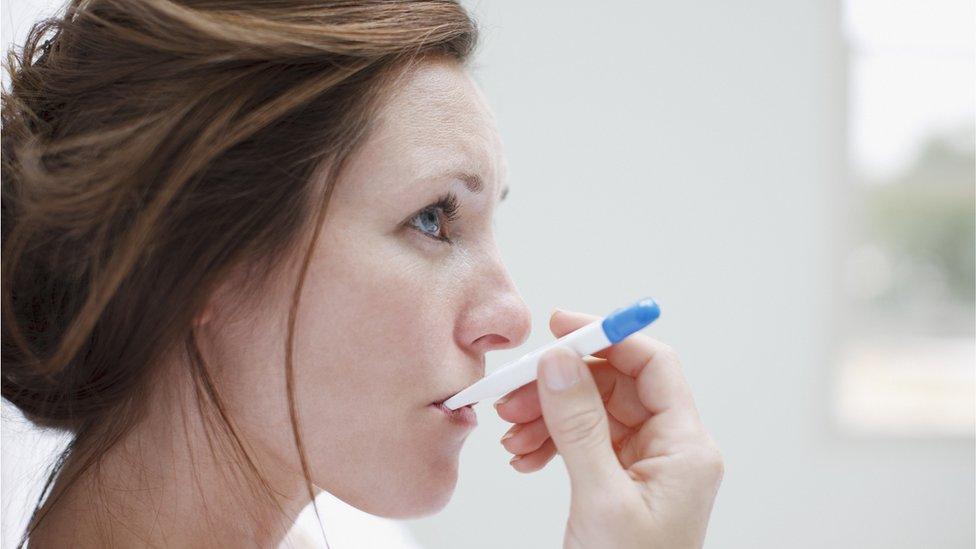
- Published29 July 2020
- Published4 August 2020
